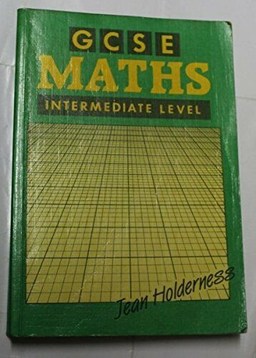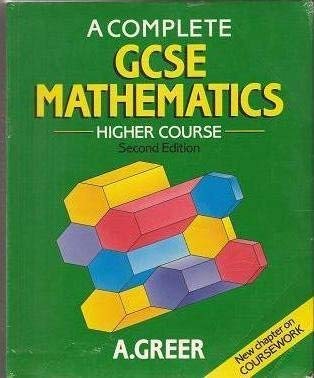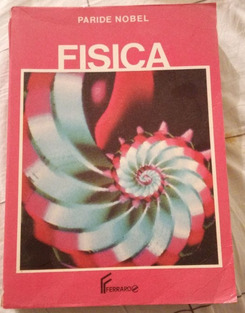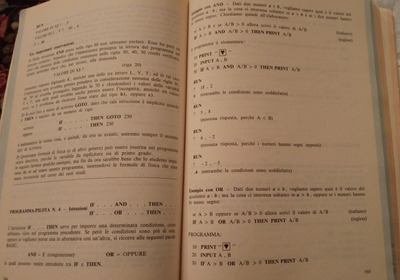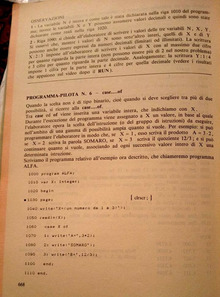First post, by pbagain
Hope this is not too far off-topic, but my retro adventures have led me down this rabbit hole now..
In his thought-provoking 2006 article "Why Johnny can't code" David Brin discusses the value of a universal (yes I know), readily available (at least in the 80's) programming language like BASIC for pedagogical purposes. He mentions that some (many?) school text books for math and other sciences used to have little "Try it in BASIC" experiments for students "offering the student a chance to try out some simple algorithm on a computer. Usually, it's an equation or iterative process illustrating the principle that the chapter discussed."
This has tickled my curiosity, so I was trying to find some of those text books. Alas, my searches come up with books about "basic math examples" and such, but nothing that looks like it has actual basic examples. Similar with Google books, even with a filter on time period (1980-95). My google skills are letting me down 🙁
In any case, do you guys know of any such books from your own experience? Any suggestion how to find such books now? Was this mainly a thing in the U.S.? I didn't get this in my 80's primary school education in the Netherlands, although we did have an MSX2 in the classroom, mostly to run programs to help memorize geography.
FYI: there is already an extensive discussion about the merits of Brin's thesis in the comments of his follow up 2019 article on blogpost. At the moment I'm really just interested in finding some examples of the books he is talking about, but of course feel free to share your other thoughts here as well 😀
